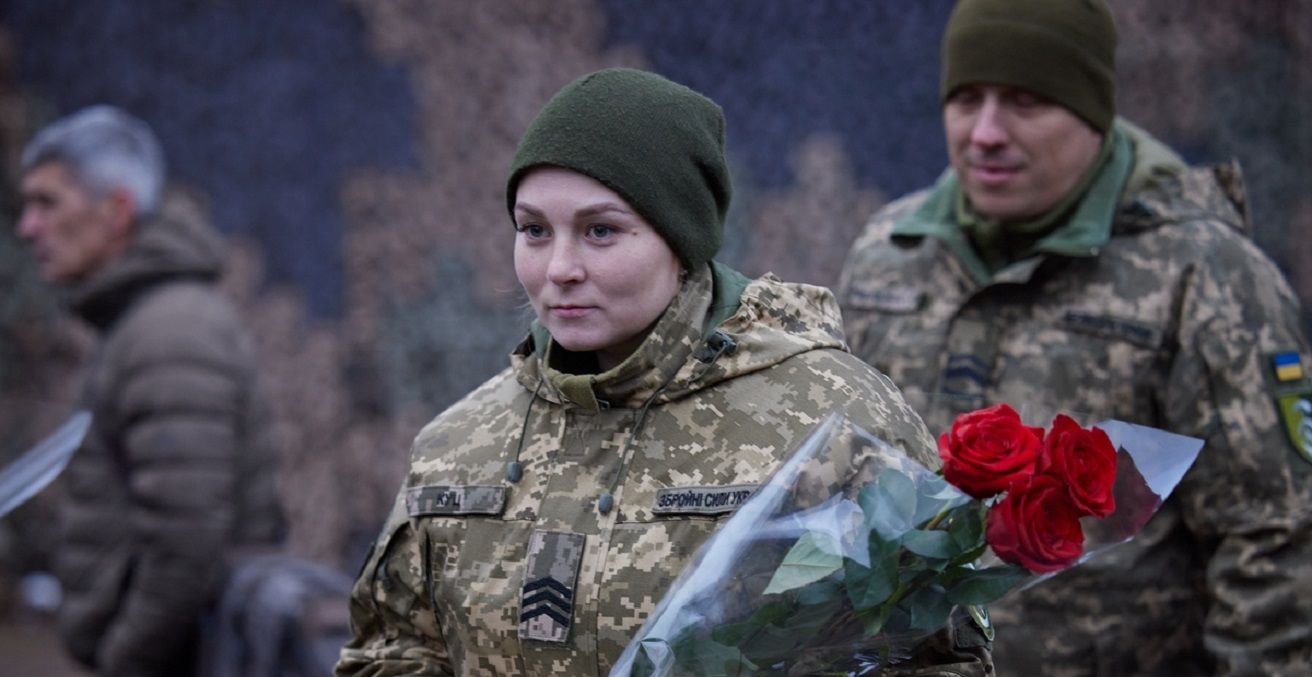The Foreign Ministry has announced that the government will be among a core group of countries that will investigate how Russian leaders can be prosecuted for actions in Ukraine.
The foreign minister, Lars Løkke Rasmussen, said that the need for legal action was necessary following the discovery of mass graves and reports of abuse as areas of Ukraine have been liberated.
“By witnessing the crimes, it obliges us to act. This is also a question regarding our responsibility for international justice and the sovereignty of states,” said Rasmussen.
“So we have accepted the Ukrainian invitation to be part of the core group. By doing so, we will bring our legal expertise to the table to ensure that the Russian leaders are held accountable for Russia’s aggression.”
READ ALSO: Russia challenging Danish skies more often
Holding them accountable
Denmark has long backed – financially, politically and with personnel – the prosecution of international crimes committed in Ukraine.
Denmark has supported an independent UN committee that has been tasked with investigating human rights abuses in connection with Russia’s invasion of Ukraine.
The Danes have also worked towards establishing OSCE’s international commission, which collects evidence of Russian war crimes and crimes against humanity.















